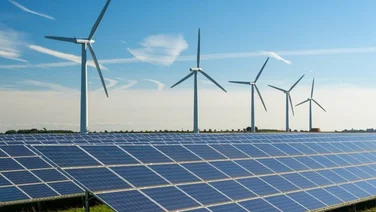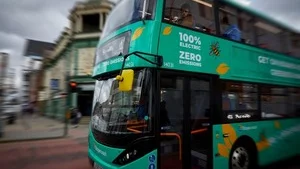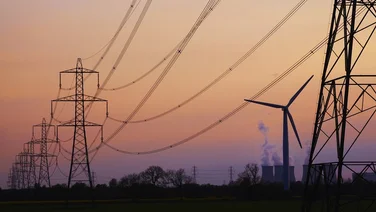- Sales in Europe plummet in March, as they did in January and February
- Analysists put it down to Elon Musk’s support of right-wing parties
- By contrast, BYD and others continue to do well as EV market booms
Electric vehicle (EV) giant Tesla has seen its Q1 sales slump 13% year-on-year (YoY) as consumers and drivers push back against its CEO Elon Musk and move to other brands.
The drop was worse than most analysists expected and is the company’s worst quarter since 2022.
Tesla’s drop is believed to have come predominately in Europe. It will release its full financial results on 22 April, but previous monthly sales data indicates it has suffered huge drops in sales, by as much as 70% in some areas.
In January and February its sales in Europe fell by 49% YoY in what has been a terrible start to the year for the Texas-based company – broadly attributed to Musk’s role in US president Donald Trump’s administration and support for right-wing parties in Europe.
Tesla sold 3,157 EVs in France in March, a drop of 36.8% YoY. Additionally, it only sold 911 in Sweden, a drop of 63.9% and 593 in Denmark, a dip of 65.6%, in the same month.
The sales figures for France and Sweden mean it has had its worst monthly performance in those two countries since 2021.
Tesla’s share of the French EV market has fallen from 2.55% a year ago to just 1.63% today in a clear sign that European consumers are turning their back on both Tesla and its controversial CEO.
Spain and Portugal are the only countries in Europe where Tesla saw any joy in March, with sales increases of 34.3% and 2.1% respectively.
In Europe alone, Tesla’s market share of the EV sector fell from over 17% to just 9% in Q1 2025.
How are EVs selling in Europe?
Tesla’s woes do not mean EV sales as a whole are falling. In fact sales of battery-electric vehicles (BEVs) grew by 29.4% in the EU, with big YoY increases in Germany – 41% – Belgium – 38% – and the Netherlands – 25%.
EV sales as a whole grew by 28.4% in January and February. In the UK alone, sales grew by 28% in January 2025 and are expected to account for almost 30% of the UK car market by 2030.
Chinese EV manufacturer BYD, Tesla’s biggest competitor, saw its BEV sales increase by 38.7% YoY.
Combined with the Europe-wide data, the sales figures from BYD indicate that demand for eco-friendly transport is still strong, helped by continuing government support and mandates, and that Tesla’s woes are an outlier.
Why are Tesla’s sales plummeting?

Tesla’s troubles are down to a number of factors. Firstly, the most obvious and well documented is Elon Musk’s support for controversial US president Donald Trump and backing of right-wing political parties in Europe, including Reform UK and Alternative fur Deutschland.
This has led to protests at Tesla headquarters across Europe and an online movement against the company, with some EVs being vandalised.
However, that isn’t the only cause of Tesla’s misery. Some EV industry analysts also put it down to others, in particular those from China, launching newer EV models that consumers are starting to choose over Tesla’s Model Y, such as BYD’s Sealion 7 and the Xpeng G6, that are competitive on price and efficiency.






